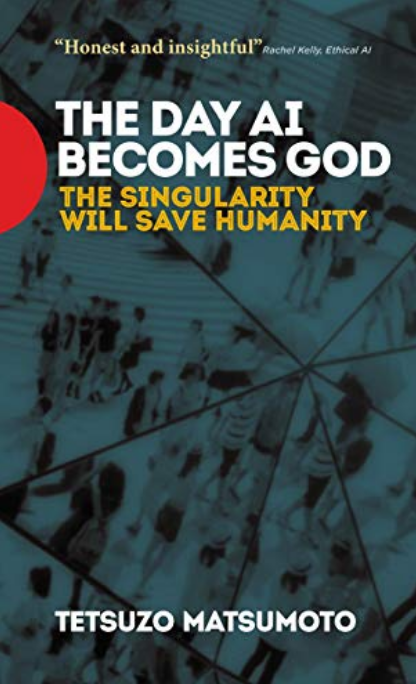Brains of ‘SuperAgers’ hold secrets to long, mentally agile lives

By Colleen Zewe
What is the secret to a long life with undiminished mental agility? Researchers in Northwestern University’s SuperAger project aim to discover the clues by looking at those who have aged with a sharp mind.
SuperAgers are people over age 80 who have memory performance at least as good as those in their 50’s and 60’s. The memory performance of SuperAgers never ceases to surprise the study’s lead author Dr. Emily Rogalski.
“We didn’t necessarily suspect that SuperAgers’ brains would look more like 50-year-olds than 80-year-olds,” said Rogalski, an associate professor of Psychiatry and Behavioral Sciences at Northwestern University’s Feinberg School of Medicine. “That’s pretty profound, right? To think that you’ve lived 80 years of life, but yet your brain looks like a 50-year-old brain. That’s kind of a dream come true that your brain looks that much younger.”
Continue reading “Brains of ‘SuperAgers’ hold secrets to long, mentally agile lives”

